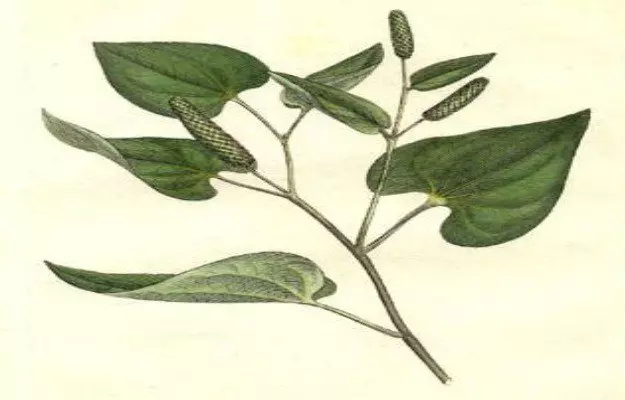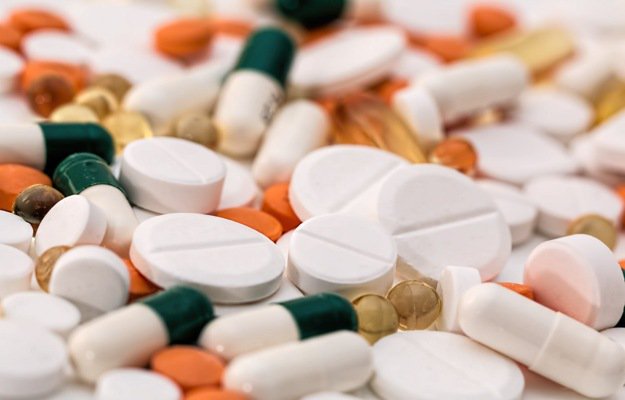Long pepper is the dried fruit obtained from a thin, aromatic plant called the piper longum. The fruit looks similar to a finger with spikes all over it. It belongs to the family of Piperaceae. Long pepper has properties very similar to black pepper, except long pepper is hotter. A simple way to add this to the diet is to replace black pepper with long pepper.
Long pepper is a climbing plant that grows well in a tropical climate. The strong fragrance of long pepper is due to the presence of specific essential oils in its seeds and leaves.
Long pepper can be used either in the fresh form or it is dried under to sun to make ground pepper. Unripe long pepper is believed to be more beneficial than the ripe fruit but it is more commonly stored in its dry form. This is because the powdered form of long pepper lasts longer. However, once long pepper is dried and ground, it is usually not as pungent as the wet long pepper. So, fresh long pepper is used to give that spicy kick to various dishes. One can simply cut them in small pieces and add them to the dishes. Dry long pepper is generally ground and stored in an airtight container for future use.
The dried fruit is usually used in Indian cuisine as a spice. Yummy soups can be prepared by adding a dash of long pepper to it. It is widely used to prepare spicy vegetable pickles.
But, long pepper is not confined to your kitchen pantries It has been in use for various medicinal purposes in the traditional medicine. The fruit, as well as the root of the Piper longum plant, are known for their many health benefits. It is used to treat muscular pains, inflammation, and cancer. Long pepper contains piperine in it, which helps in fighting parasites and various other infectious agents. Long pepper has any application in ayurveda but most importantly it is used as a Rasayana to treat various respiratory disorders. Long pepper is used as a ‘Rasayana” to cure respiratory disorders is one of them.
Some basic facts of Long Pepper:
- Scientific Name: Piper Longum
- Family: Piperaceae
- Common name: Long pepper, Indian long pepper, Pippali in Hindi
- Sanskrit name: पिप्पली Pippali, मनोहरी Manohari
- Parts used: Fruit
- Native region and Geographical Distribution: Long Pepper is known to have its origin in the South Asian region. The plant is broadly distributed across many parts of North India, ranging from Central Himalayas to Assam, Western Ghats, Nicobar Islands, Uttar Pradesh, and Nepal.
























